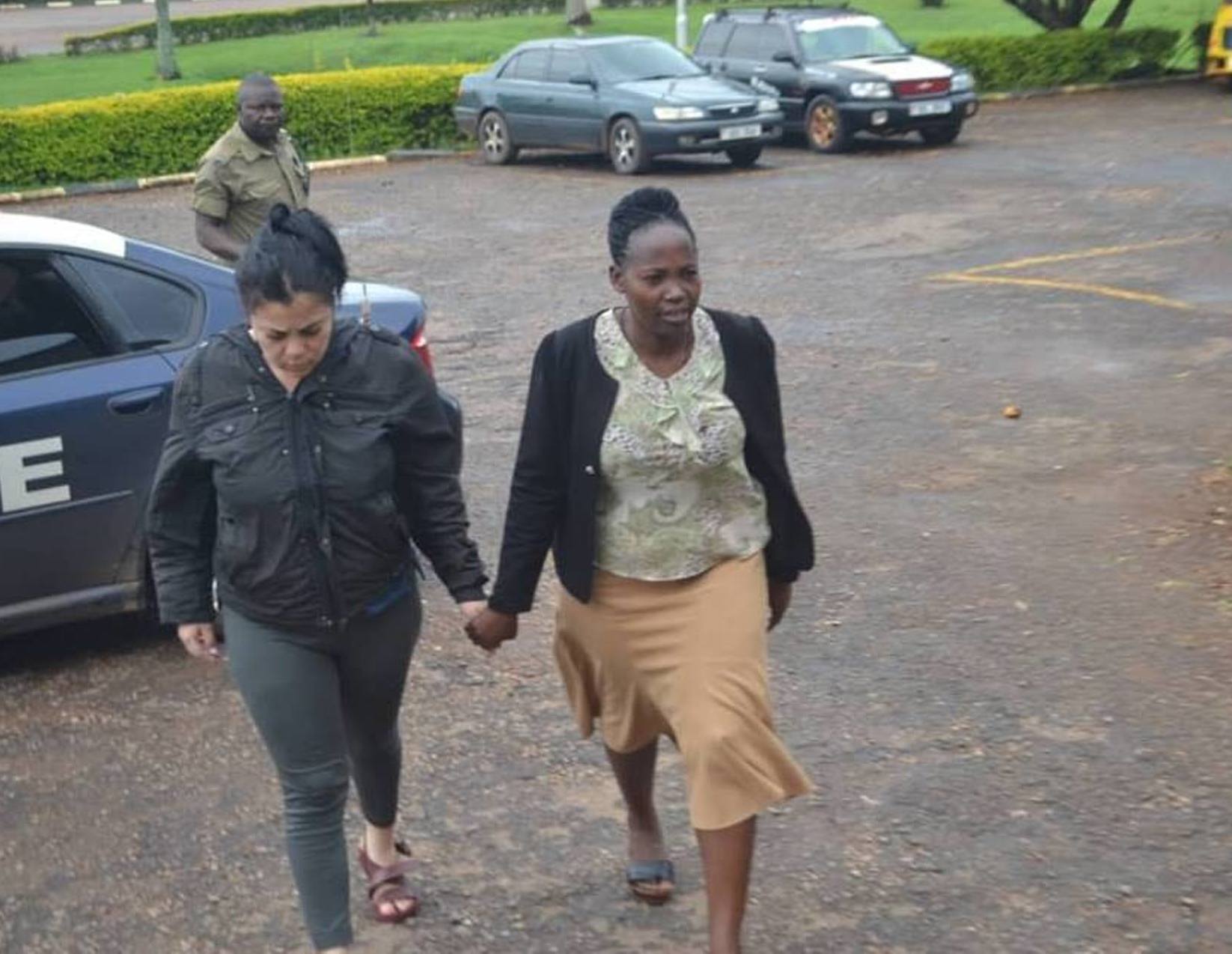
The Federation of Uganda Basketball Association (FUBA) has entered a partnership with FIBA to ensure that local basketball coaches are trained further in the game.
The new development will see over 300 local coaches gain training amongother benefits of the partnership.
This initiative was revealed on Friday afternoon during a press briefing addressed by the FUBA and FIBA (Basketball governing body in the world) officials at Uganda Olympic Committee offices in Lugogo – Jean-Michel Ramaroson, the President of FIBA Africa’s National Federations commission led the FIBA delegate.
The Program dubbed ‘FIBA 360 Basketball’ will Uganda and 10 other FIBA affiliated members national federations.
While addressing the press on Friday, FUBA President Ambrose Tashobya revealed that the delegates have been in the country since June 20th where they met up with Ministry of Education and Sports officials to discuss ways on how best the government can help in supporting the growth of Basketball in the country.
The meeting also saw the officials discuss the implementation process of the FIBA 360 Basketball project.
“This is a big and unique opportunity, that we are going to harness so as we develop the game of basketball in the country, said Tashobya.
“Uganda was among the 11 countries that have the highest potential to develop more in the sport of basketball and this program will see over 300 coaches trained through workshops, our office equipped with everything needed among others.

It was revealed that this project will have two phases:
The first phase which will have immediate implementation, is to focus on the training programs for coaches and the equipment endowment programs and office, up to the end of this year.
The second phase will be based on the strategic Planning and development activities, starting in 2019.
Lemou Benga, FIBA National Federation Sports commented that the program will enable Uganda develop the game through planning and execution of basketball management in the country as it will equip personnel with necessary knowledge and expertise.
Ramaroson noted that The objective of the program is to bring national federations of “Type 2” (with the low level of organization, but have an important growth potential) and “Type 3” (with average level of organization, but have an Important growth potential) towards the highest level: “Type 4?(Leaders).
South Africa, Senegal, Rwanda, Nigeria, Mozambique, Mali, Kenya, Congo, Cameroon and Ivory Coast are the other member states that have enrolled for the program.





